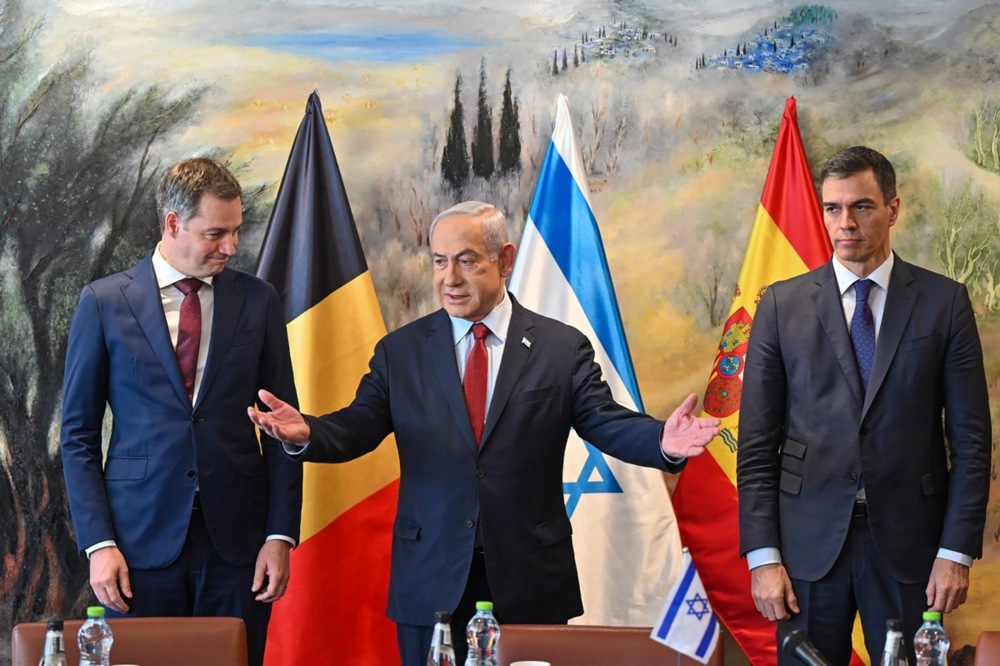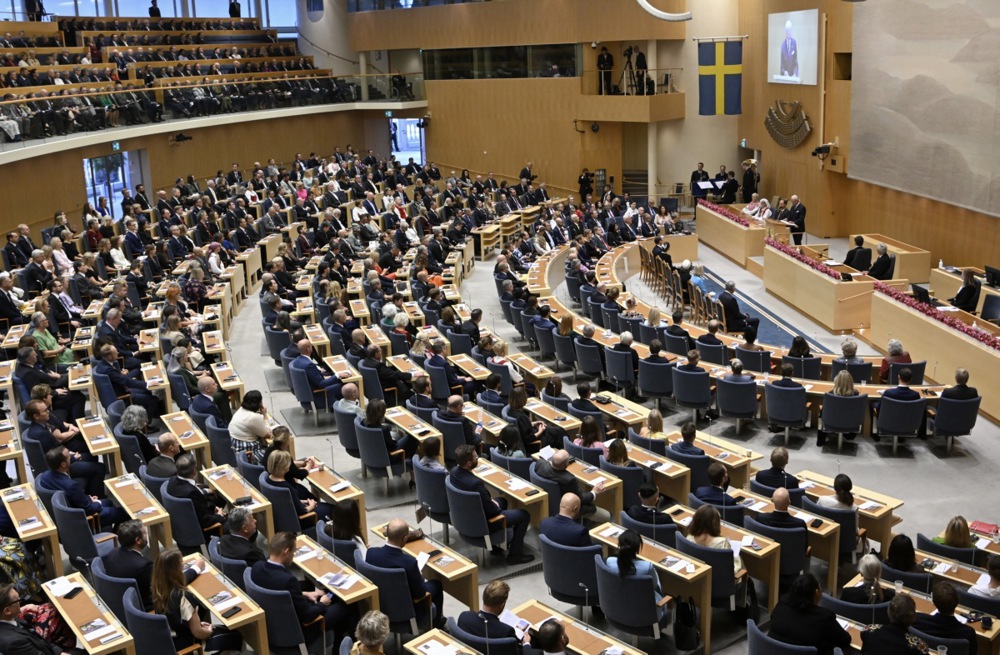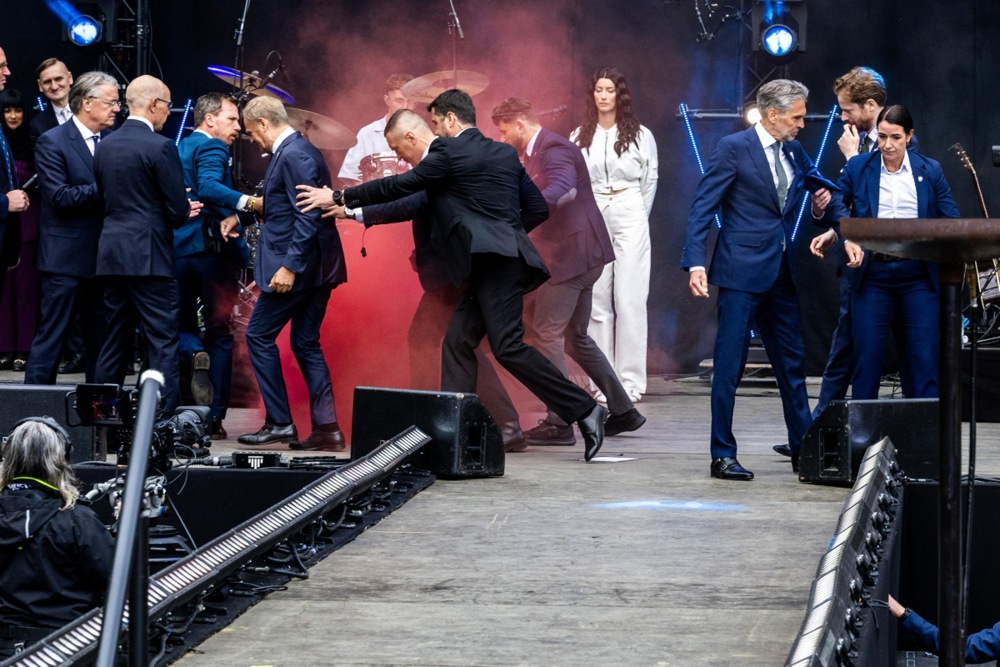The Spanish and Belgian public broadcasters questioned the points awarded to Israel’s Eurovision entry and have announced there were possible irregularities.
Radio Televisión Española (RVTE), Spain’s public broadcaster, requested an audit of the television vote.
VRT, Belgium’s Dutch-speaking public broadcaster, meanwhile said it was “worried” and asked for more transparency, putting its future participation into doubt.
RTVE noted “other countries” might request audits, but none have come forward yet.
VRT spokesperson Yasmine Van der Borght admitted there currently were “no indications that the scoring has not been done correctly, but we do ask for full transparency from the EBU (European Broadcasting Union).”
“The main question is whether the current voting system ensures a fair reflection of viewers‘ and listeners’ opinions”, she said.
Both public broadcasters had been vocal in their opposition to Israel, and were surprised when the public vote went to that country.
Spanish Prime Minister Pedro Sánchez said at a press conference on Spain’s cultural and creative sector he thinks Israel should be excluded, “just like Russia”, in solidarity with Palestinians.
“If Russia was ordered not to participate, Israel should not participate either. We cannot allow double standards in society.” Sanchez said. He added Spain should “remain committed to international law and human rights”.
In Belgium, Socialist party Vooruit and Green party Groen called for an investigation into how the voting was organised.
Expert juries gave only 60 points to Israel, whose singer, Yuval Raphael, is a survivor of the October 7 terrorist attack. Raphael hid beneath the bodies of murdered festival attendees during the Nova music festival massacre.
Raphael’s entry landed on a 14th spot with the expert juries, tied with Ukraine. Twenty-two expert juries didn’t award any points to Israel at all.
Most popular with the experts was Austria, receiving 285 points.
With the public, the results were quite different.
Israel won the televote with 297 points, followed by Estonia (258 points), Sweden (197 points), Austria (176 points), and Italy (127 points).
Viewers could vote up to 20 times but not for their own country. The televote window was open for approximately 25 to 40 minutes after the final performance, with “Rest of the World” voting open for 24 hours before the show to accommodate other time zones.
Just like with the previous edition, Israelis had campaigned hard for their candidate, which others saw as canvassing and manipulation.
According to the RVTE and VRT, the discrepancy between the so-called expert vote and the public vote appeared suspicious.
On the evening of the finale, RTVE had already requested the EBU for a detailed analysis of the public votes. The broadcaster itself was unable to analyse any votes, as it is German company Digame that holds the data.
However, according to sources quoted by Spanish daily El País, RTVE received a list on May 18 only giving the countries that received the most votes, without exact numbers.
The broadcaster requested more precise data but reportedly only received the distribution of votes by phone (7,283), SMS (23,840), and online (111,565).
The Spanish broadcaster was not satisfied with this, causing them to demand an audit of the Spanish public votes from the EBU.
Before the broadcasting of the show, both in Spain and Belgium, a sign of protest was shown on TV, in solidarity with Gaza.
In principle, the Eurovision Song Contest aims to be a unifying and apolitical event, but this has become increasingly difficult.
This year’s contest marks the second in a row where there was large official pushback against Israel, which at the same time apparently enjoyed popular support.
Brussels Signal reached out to the EBU for a reaction, but as of publishing, did not receive a reply.





